Caring for an Aging Cat: Common Conditions to Watch and Manage
Watching your cat grow older can feel bittersweet. The kitten chaos gives way to afternoon naps, thoughtful glances, and familiar routines. But as our cats age, certain health risks become more likely—and early recognition is essential for the best care. At Southern Crossing Animal Hospital, our goal is to help you support your senior cat through these changes so they can enjoy their golden years in comfort and health.
Understanding When Your Cat Is “Aging”
Cats are typically considered senior somewhere between 7 and 10 years of age. You may notice subtle changes—extra sleeping, fewer leaps—but beneath the surface, age-related conditions may be quietly setting in. These include arthritis, kidney disease, hyperthyroidism, diabetes, and even early cognitive decline. That’s why semi-annual checkups are recommended: to nip these issues in the bud and catch subtle signs while treatments are most effective.
Chronic Kidney Disease (CKD): The Silent Threat
What It Is: Chronic Kidney Disease affects many senior cats. Over time, the kidneys lose filtering ability, leading to toxin buildup.
Cause & Impact: Age is a major factor, but genetics, high blood pressure, and kidney infections can contribute. Untreated CKD usually worsens, impacting appetite, energy, and comfort—and eventually leading to kidney failure.
Signs to Watch For:
- Drinking and urination increase
- Appetite drops or weight loss
- Vomiting, nausea, lethargy
- Poor coat quality or bad breath with a chemical odor
Diagnosis & Treatment Diagnosing CKD involves blood work (creatinine, BUN, SDMA), urine analysis, and blood pressure measurement. Visit the Cornell Feline Health Center to learn more about Chronic Kidney Disease in Cats.
Treatment includes prescription kidney diets, medications for nausea or phosphorus control, and subcutaneous fluids to prevent dehydration. At home, keep fresh water available, use elevated food and water bowls for arthritic cats, and track appetite and litter box use.
Hyperthyroidism: High-Energy Trouble
What It Is This condition results from an overactive thyroid gland and is common in older cats.
Recognizing It
- Appetite increases but weight drops
- Hyperactivity, restlessness
- Thirst and urination may rise
- Vomiting or diarrhea, fast heartbeat
Diagnosing It Diagnosis relies on physical exams and blood tests for thyroxine (T4). See the AAHA’s Feline Hyperthyroidism Guidelines for detailed recommendations.
Treatment Choices Options include:
- Daily oral medication (methimazole)
- A one-time radioactive iodine treatment
- Surgical removal of the thyroid gland
- Prescription low-iodine diets for select cases
Diabetes Mellitus: A Manageable Condition
What It Is In diabetes, insulin is insufficient or ineffective, leading to high blood sugar. Overweight cats and certain breeds are especially prone.
Symptoms
- Increased thirst and urination
- Weight loss despite good appetite
- Lethargy, possible sweet-smelling breath
Management typically includes daily insulin injections, weight control, and a high-protein, low-carbohydrate diet. Learn more from Diabetes in Pets– AAHA.
Arthritis and Degenerative Joint Disease: Hidden Pain
What It Is: Joint wear and tear, common in aging cats, leads to arthritis. Because cats instinctively hide pain, joint issues can go unnoticed until mobility is seriously affected.
Symptoms to Recognize:
- Won’t jump as high or far
- Hesitation climbing steps
- Stiffness after resting
- Difficulty being handled
How You Can Help: Provide soft ramps or steps, keep food, water, and litter easily accessible, and offer orthopedic bedding. There are effective supplements and medications for pain relief- schedule a pain management appointment with us for help creating plan.
Read more: Arthritis and Degenerative Joint Disease in Cats.
Dental Health: The Overlooked Priority
Periodontal disease doesn’t just cause bad breath; it can lead to inflamed gums, tooth loss, and chronic pain that affects your cat’s appetite and mood.
Even more concerning, dental disease can complicate other common senior cat conditions like kidney disease and hyperthyroidism. These conditions often cause weight loss on their own, and if eating becomes painful, it only accelerates the decline. Cats that are already struggling to maintain weight can’t afford to skip meals due to oral discomfort.
For more on why dental care is essential at every stage of life, visit Healthy Mouth, Healthy Pet: Why Dental Care Matters.
Cancer Awareness: When Early Detection Matters
Cancer becomes more common as cats age. Watch for:
- New lumps or masses
- Unexpected weight loss
- Loss of appetite
- Swollen lymph nodes or lameness
Early detection offers the best outcome. Learn about potential cancers in cats: Types of Cancer in Pets
Check out more information about Southern Crossing’s cancer screening services.
Cognitive Decline and Behavior Changes
Just like people, cats can experience cognitive changes—sort of “cat dementia.” Signs include confusion, disorientation, altered sleep patterns, or reduced interaction. For more insight, see Signs of Cognitive Decline in Older Pets. The ASPCA also provides a guide to Behavior Problems in Older Cats.
Life Stages and Preventive Care
Understanding your cat’s life stage helps tailor care. Learn more from AAHA’s guides: A Journey Through the Ages: Cat Life Stages
Preventive care changes as your cat ages. A comprehensive preventive approach can improve lifespan and quality of life. Once they hit “senior status”, you should begin to schedule biannual exams for early detection.
- Do regular blood and urine testing: check kidney, liver, thyroid, and diabetic markers
- Consider chest and abdominal imaging for undetected issues
Learn more about Preventive Testing for Senior Pets from Zoetis.
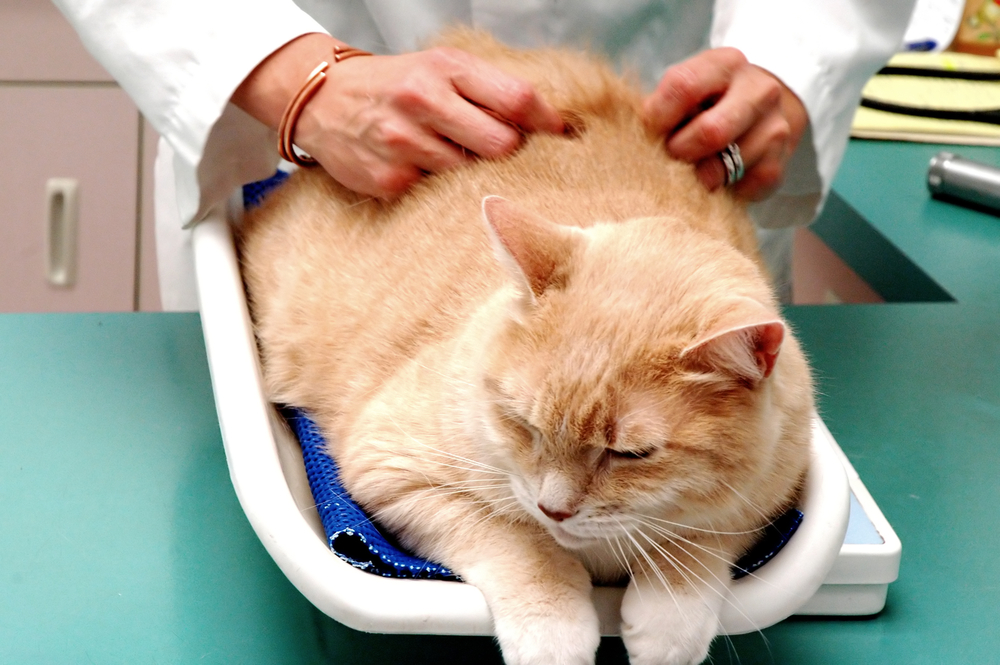
Frequently Asked Questions
How often should a senior cat visit the vet? Every six months is ideal. Twice-yearly visits allow us to detect and manage conditions before they become advanced.
How can I tell if something is wrong at home? Monitor weight, water intake, litter box habits, appetite, grooming, mobility, and behavior. A jointed chart helps you keep track.
Can these conditions be prevented? You can’t prevent aging, but early detection and lifestyle changes—like safe, cool environments, mobility aids, and dietary adjustments—make a major difference.
By combining regular health screenings, environmental adjustments, targeted nutrition, pain management, and attentive monitoring, we can help your cat thrive well into their senior years.
Partnering with Southern Crossing Animal Hospital
Age doesn’t have to mean decline. Many senior cats continue to enjoy cozy naps, quiet play, and sunny windowsides well into their later years. Our team at Southern Crossing Animal Hospital is dedicated to supporting your cat’s health journey with tailored plans, early detection, and compassionate support.
If you’d like to schedule a senior wellness exam, discuss supplementation or pain management, or just ask questions about your cat’s health, please contact us. Together, we’ll help your cat live a long, healthy, and happy life.



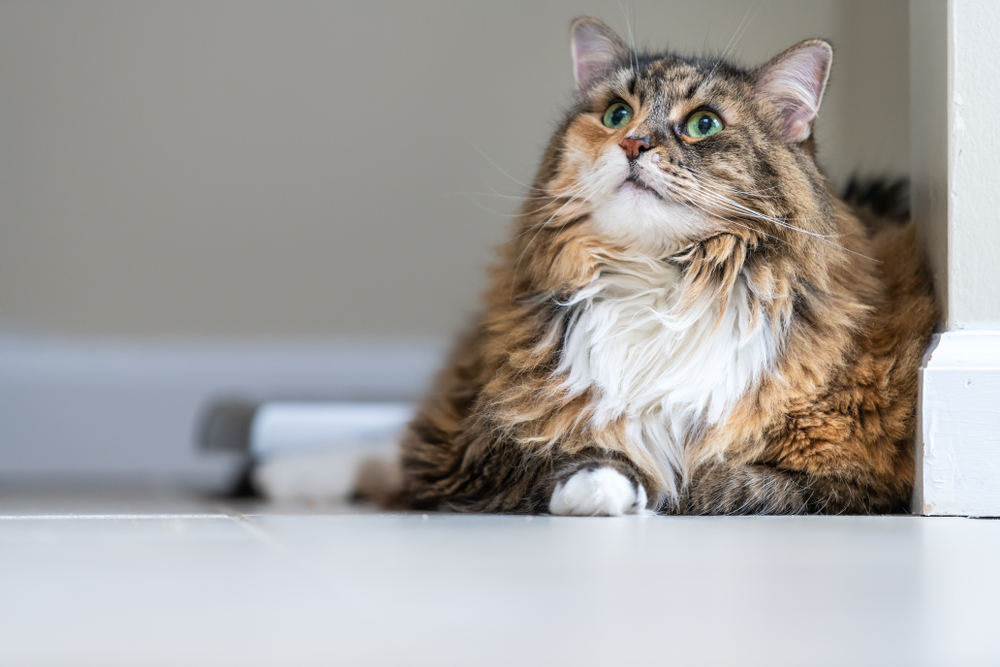
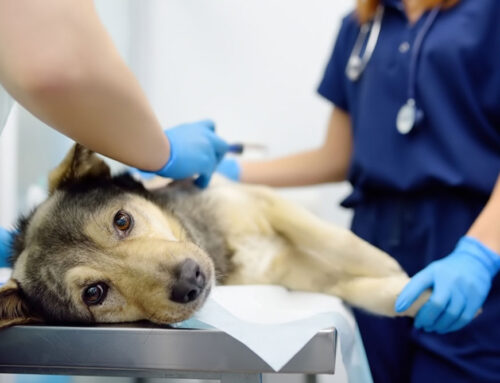
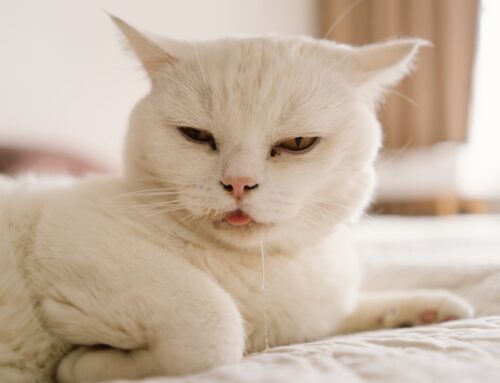
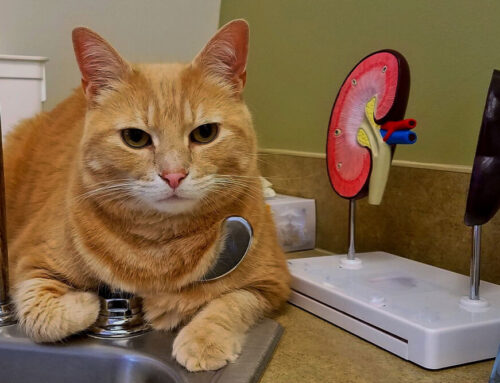

Leave A Comment